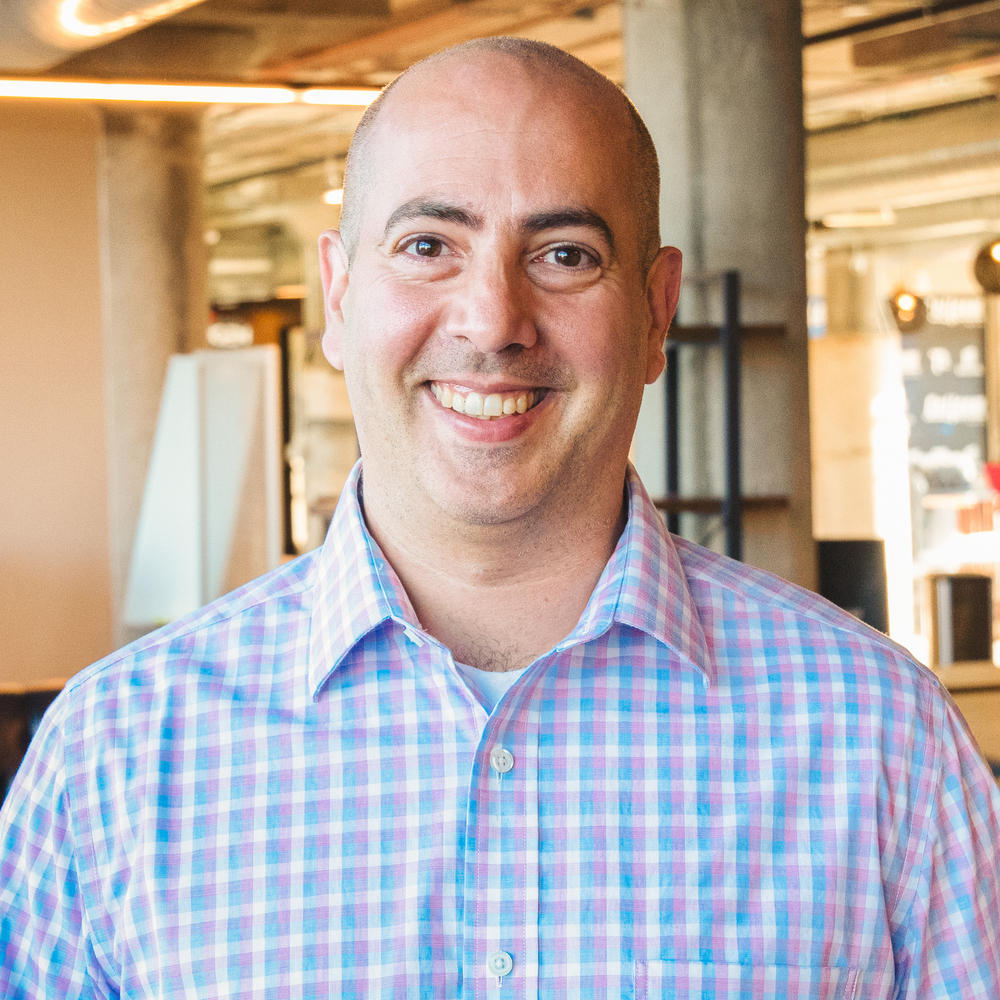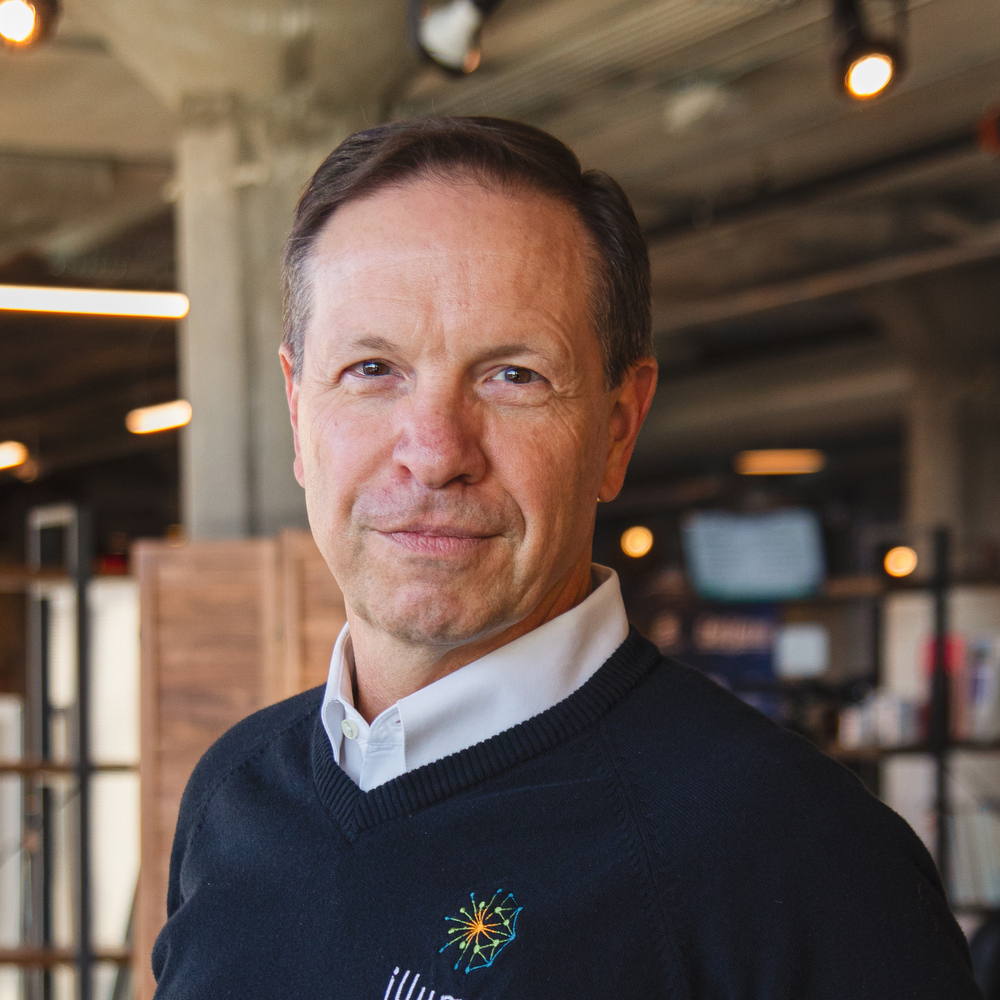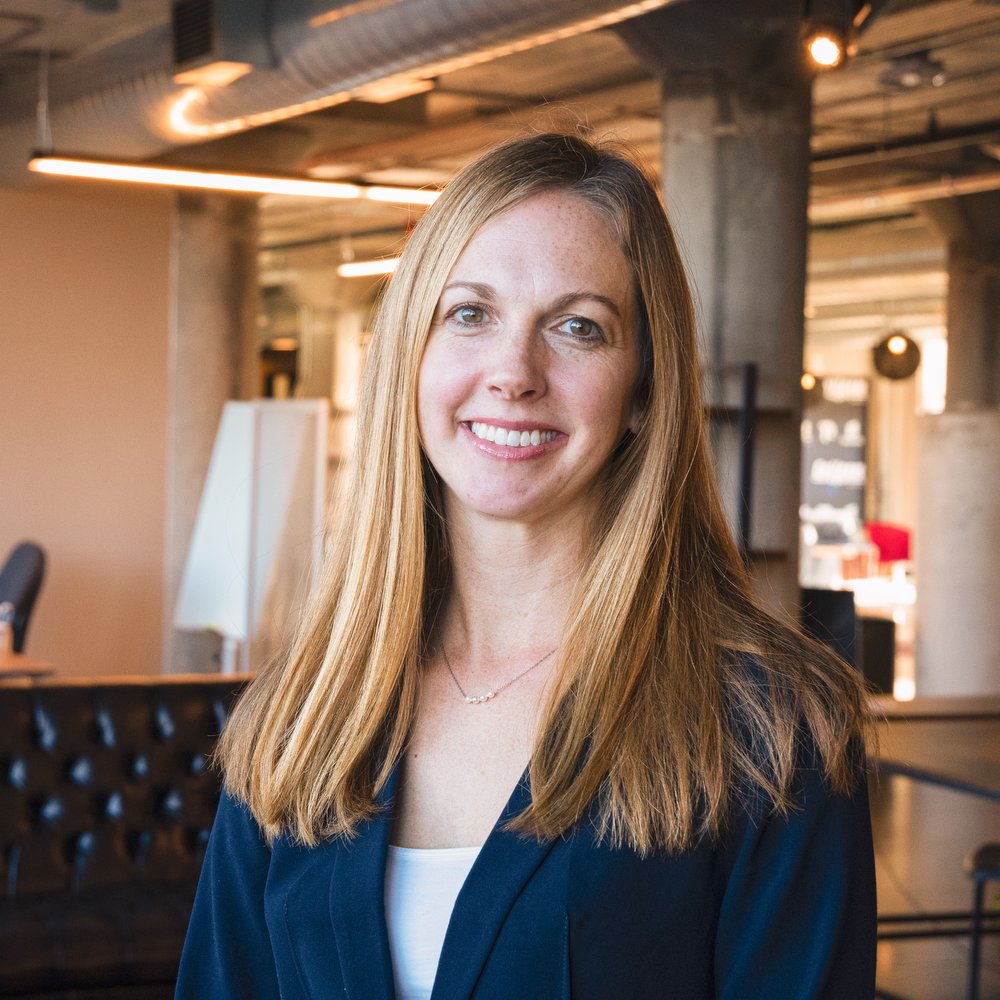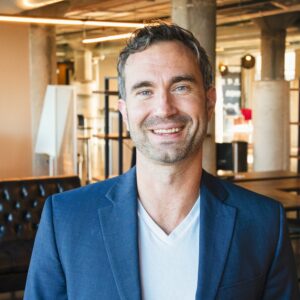For many workplace culture improvement initiatives, we commonly hear executive team leaders use a version of the following slogan in their messaging, “We strive to become One (insert company name).” The intent of this messaging is to unify the cultures and break down any silos or divides that may exist. The desire to unify cultures becomes even more pressing in the case of a merger or acquisition.
When two companies decide to merge or one acquires the other, it is not just about combining finances, operations, and systems. One of the biggest challenges in such corporate events is the integration of two distinct workforces with their own cultures, identities, and ways of doing things. This is where the psychological concept of “entitativity” comes into play.
Entitativity comes from the word “entity” and refers to the degree to which a group of individuals is perceived as a unified, cohesive entity with shared goals, interconnections, and a strong overarching identity that transcends individual identities. In other words, it is the sense of “groupness” or “oneness” that members of a group feel and is the key sign that company cultures have successfully integrated. It is important to break down the components of entitativity so you can better understand how to improve the sense of “oneness” in your organization.
Three Components of Entitativity
Essence:
Essence refers to the perception that a group has a coherent and meaningful existence beyond just being a collection of individuals. It is the belief that the group has a unique identity, purpose, or essence that defines it as a distinct entity. Groups high in essence are seen as having a deeper, intrinsic nature that transcends the individual members.
Example: A company with a long history, distinct culture, and well-known brand identity would be perceived as having a strong essence. Employees see it as more than just a group of people working together – it represents something larger and more meaningful. You might see employees wearing company branded attire even outside of work.
Agency:
Agency refers to the perception that a group can act as a unified whole, with coordinated goals, intentions, and behaviors. Groups high in agency are seen as having the ability to make decisions and take actions as a collective entity, rather than just the sum of individual actions.
Example: An organization with a strongly developed growth strategy would be perceived as having high agency. Employees are more likely to see the organization as having a shared vision, coordinated strategies, and the ability to collectively influence change, rather than just being a loose collection of individuals with similar tasks.
Unity:
Unity refers to the perception that a group is cohesive, with strong interconnections and interdependence among its members. Groups high in unity are seen as having a sense of “groupness” or “oneness,” where members are tightly bound together by shared experiences, goals, and a common fate.
Example: A small team of co-workers who have been through challenging experiences together would be perceived as having high unity. Members see themselves as deeply interconnected, relying on each other, and sharing a strong sense of belonging to the group.
Moving Towards One Culture
Groups high in entitativity are seen as having clearly defined boundaries, shared objectives, and a sense of interdependence among members. They are perceived as a single, unified entity rather than just a collection of individuals. On the other hand, groups low in entitativity are seen as more loosely associated, with members acting more independently and without a strong sense of shared identity.
In the context of mergers and acquisitions, fostering all three components of entitativity – essence, agency, and unity – can be crucial for successful integration. When employees perceive the merged entity as having a distinct identity (essence), the ability to act as a coordinated whole (agency), and a cohesive, interconnected workforce (unity), they are more likely to develop a sense of shared identity and commitment to the new organization.
While complete cultural and operational unification is rarely achieved overnight, taking proactive steps to build entitativity facilitates the challenging people-realities of M&A integration. As relationships develop across the newly combined workforce, a mentality of “one firm” can take root, rendering pre-merger divisions increasingly obsolete.
In conclusion, entitativity is a crucial concept to understand and prioritize in mergers and acquisitions. By fostering a sense of unity, unique identity, and coordination among the combined workforce, companies can overcome the “us vs. them” mentality, facilitate smoother integration, and unlock the full potential of the merger or acquisition.
Check out our article on strategies to improve entitativity and learn more about our M&A Culture Insights for ways to systematically measure and track culture integration progress for your company.





